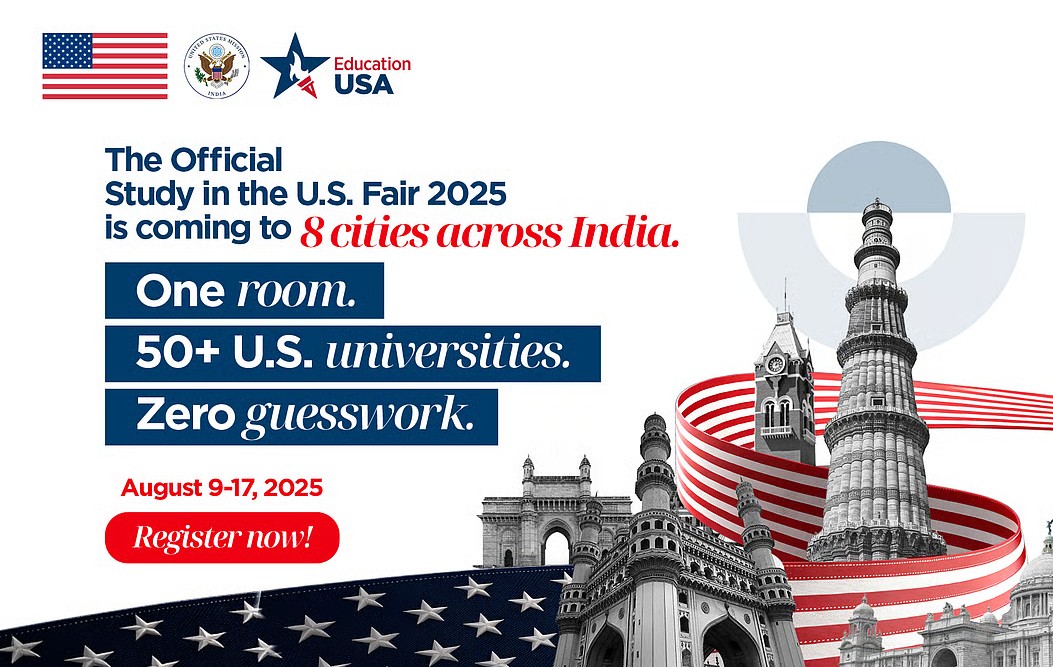 Image Source: Business Standard
Image Source: Business Standard
India’s Nifty Auto Index witnessed a sharp decline of nearly 1.5 percent in intraday trade, making it the worst-performing sectoral index on the National Stock Exchange today. The drop comes amid heightened investor caution triggered by global trade tensions, currency volatility, and concerns over domestic demand softness. While broader indices like the Nifty 50 and Sensex held steady, auto stocks bore the brunt of selling pressure, reflecting sector-specific headwinds and sentiment-driven moves.
The decline in auto stocks is part of a broader trend that has seen the index struggle over the past few weeks. Analysts attribute the weakness to a combination of external trade risks, muted consumer demand, and margin pressures across the value chain.
Key Developments Driving the Decline
- The Nifty Auto Index fell nearly 1.5 percent, underperforming all other sectoral indices
- Stocks like Tata Motors, Bharat Forge, and Balkrishna Industries led the losses, falling between 2 and 4 percent
- Investor sentiment weakened following reports of potential US tariffs on Indian exports, including automobiles
- Concerns over affordability and weak urban demand continue to weigh on small car sales
Global Trade Tensions and Tariff Risks
The recent announcement by US President Donald Trump regarding a 25 percent tariff on Indian goods has rattled markets. Although the auto sector was already subject to earlier rounds of levies, the renewed threat of additional penalties has amplified investor concerns:
1. Tariff Exposure
- Indian auto exports to the US are relatively limited, but component makers with global supply chains could face disruptions
- Companies with exposure to commercial and defense vehicle segments may be more vulnerable
2. Currency and Crude Impact
- The Indian Rupee’s depreciation against the US Dollar has raised import costs for auto manufacturers
- Rising crude oil prices are expected to impact logistics and input costs, further squeezing margins
Domestic Demand and Sector Outlook
Despite strong performance in the SUV and premium segments, the broader auto market continues to face challenges:
- Small Car Segment
- Affordability constraints and high base effects have led to subdued growth in entry-level vehicles
- Automakers like Maruti Suzuki and Hyundai project only 1–1.5 percent growth in passenger vehicle sales for FY26
- EV Disruption
- Reports of Tesla’s potential entry into India have added uncertainty to domestic EV strategies
- Local players may face competitive pressure in the premium electric vehicle space
- Industry Forecasts
- At the recent SIAM Looking Ahead Conclave, carmakers projected modest volume growth of 1–4 percent for FY26
- SUV sales are expected to outperform, while mass-market segments may remain under pressure
Market Sentiment and Technical Indicators
The broader market remained relatively stable, with the Nifty 50 and Sensex posting modest gains. However, technical indicators suggest caution:
- India VIX slipped 1.82 percent, indicating low volatility but not ruling out sector-specific corrections
- Analysts warn that the Nifty Auto Index may continue to face resistance unless trade tensions ease and domestic demand improves
Conclusion
The nearly 1.5 percent drop in the Nifty Auto Index underscores the fragility of investor sentiment in the face of global trade uncertainties and domestic demand challenges. While the sector remains strategically important for India’s manufacturing and export ambitions, near-term headwinds could limit upside potential. Investors are advised to monitor developments around US-India trade relations, currency movements, and policy support for the auto industry.
Sources: Moneycontrol, News18, Livemint
Advertisement
Advertisement




